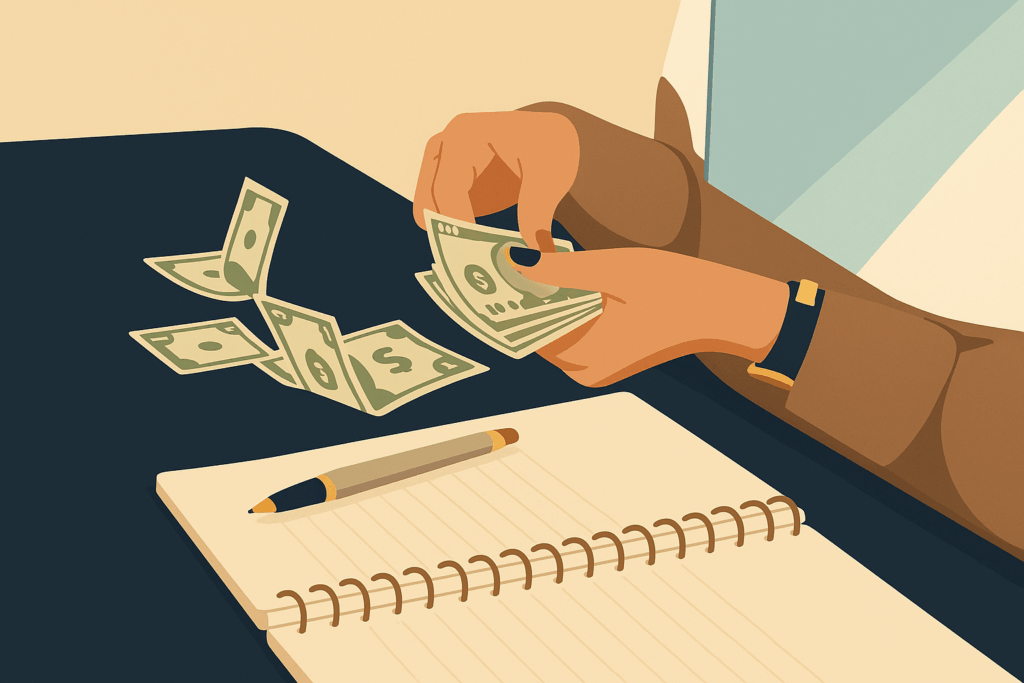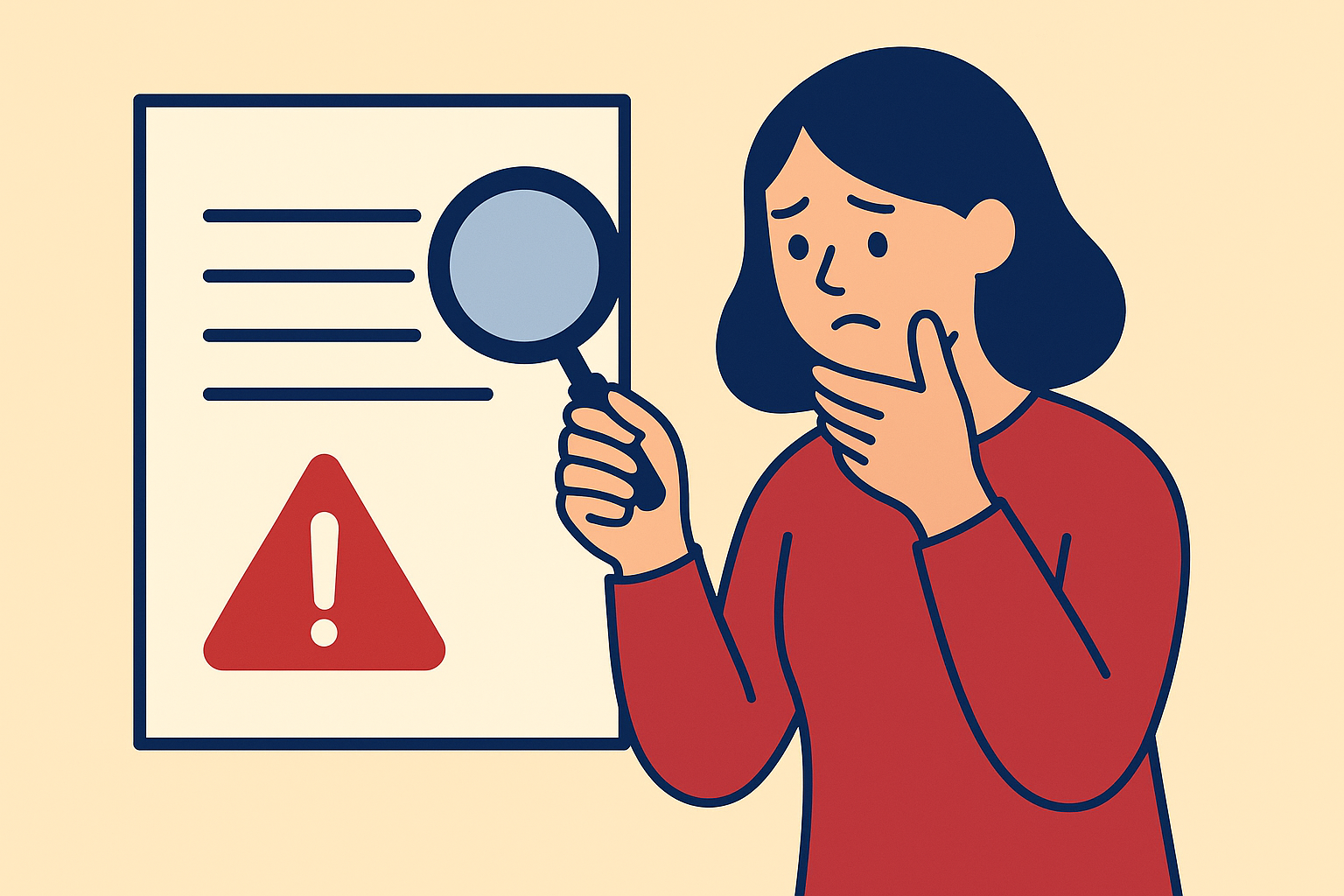If you’re juggling multiple credit card balances or personal loans, the idea of simplifying it all into one monthly payment can sound like a dream. That’s exactly what debt consolidation aims to do—combine your debts into a single, manageable loan. But is it always the right move?
Let’s explore how debt consolidation works, who it’s best for, and when you might want to consider other options.
What Is Debt Consolidation?

Debt consolidation involves taking out a new loan—often a personal loan or balance transfer credit card—to pay off multiple existing debts. This leaves you with:
- One monthly payment
- A single interest rate (hopefully lower)
- A clear payoff timeline
The most common types of debt people consolidate are high-interest credit cards, personal loans, and medical bills.
Benefits of Debt Consolidation
Consolidating your debts can offer several advantages, especially if you’re struggling to stay organized or make minimum payments.
1. Simplified Payments
Managing just one bill instead of several can reduce stress and help avoid late fees or missed payments.
2. Lower Interest Rates
If you qualify for a lower interest rate than what you’re currently paying, consolidation can save you hundreds—or even thousands—over time.
3. Clear Payoff Timeline
Debt consolidation loans usually come with a fixed term, which gives you a set end date and a consistent repayment schedule.
When Debt Consolidation Makes Sense
Debt consolidation isn’t a one-size-fits-all solution. It tends to work best when:
- Your credit score qualifies you for a low-interest loan
- You have stable income and can commit to fixed monthly payments
- You’re determined to stop using high-interest credit cards
It can be a great strategy for people looking to take control of their finances without entering a debt relief or settlement program.
Need help understanding how debt relief options might impact your credit? Here’s a breakdown of how debt settlement really affects your credit score.
Red Flags to Watch For

Before you jump into consolidation, there are some things to be cautious about:
1. Risk of Accumulating More Debt
Paying off your credit cards doesn’t mean you should use them again. If you’re not careful, you could end up deeper in debt.
2. Fees and Costs
Some debt consolidation loans come with origination fees, prepayment penalties, or high APRs. Read the fine print before signing anything.
3. Doesn’t Solve Underlying Habits
Consolidation is a tool—not a cure. It can make payments easier, but it won’t address overspending or lack of budgeting unless paired with behavior change.
Alternatives to Consider
If debt consolidation doesn’t seem like a fit, there are other strategies that may better suit your situation:
- Debt management plans offered through nonprofit credit counselors
- Debt settlement, if you’re already behind on payments
- Bankruptcy, as a last resort
Each comes with its own risks and impacts. For a deeper dive, the team at Consolidated Credit offers helpful resources for exploring your options.
Final Thoughts
Debt consolidation can be a smart move for the right person—especially if you’re ready to simplify your finances and commit to a clear repayment plan. But it’s not a magic fix.
Take time to weigh your options, calculate your savings, and ensure you won’t fall into the same debt traps again. With the right mindset and support, it could be your first big step toward a debt-free future.

